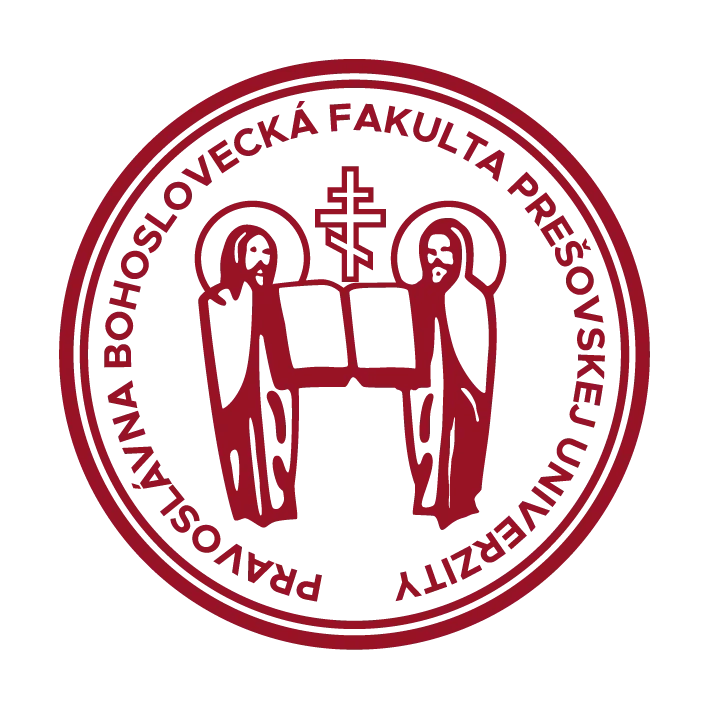KOCHAN Pavol - Acta Patristica, volume 9, issue 18/2018
PHOENICIANS AND COSMOLOGICAL IDEAS IN PHOENICIAN LITERARY MONUMENTS
/FENIČANIA A KOZMOLOGICKÉ MYŠLIENKY VO FENICKÝCH LITERÁRNYCH PAMIATKACH/
Pavol KOCHAN
lecturer, Faculty of Orthodox Theology, University of Presov in Presov, Masarykova 15, 080 01 Presov, Slovakia, pavol.kochan@unipo.sk, 00421517724729
Abstract
Phoenic, or even foinic, culture is known to the ordinary reader of human history first of all in biblical texts. In fact, it is a culture that has penetrated from the western coast of the Middle East across the entire Mediterranean Sea to the Pyrenean peninsula. When examining mythology from which we can learn certain fragments of cosmology, it is important to perceive the phoenic religion and deity first in the East and the West after the phenomenal expansion.
Keywords
Phoenicians, Philo of Byblos, cosmogony, Bible, antiquity
SUMMARY
Fenic civilization and culture remain for us unique for two reasons. First of all, it is the exceptional maritime knowledge they have gained and thanks to which this civilization has reached the western coast of Portugal, influencing the culture of many nations in the Mediterranean. The second distinction is the mythology and religious cult of this nation, which still remains covered by the historical mystery of the mystery, and thus further excites the effort to find new testimonies that would reveal this mysterious piece of history of mythology and the development of religious thinking of antiquity. The cosmology of preserved landmarks says that the first principle or origin of the universe was darkness and some air fog, wind, also called an obscure and gloomy chaos like Erebus. It was Mot and from him everything that exists today. Philo finds some consistency with the Hebrew expression of meorot, which can be translated as heavenly light, especially in connection with the Jewish and later Christian concept of sun creation and other space objects based on the text of the Book of Genesis. In this case, however, the sun stands as in opposition to Mot.
(Language: slovak)
